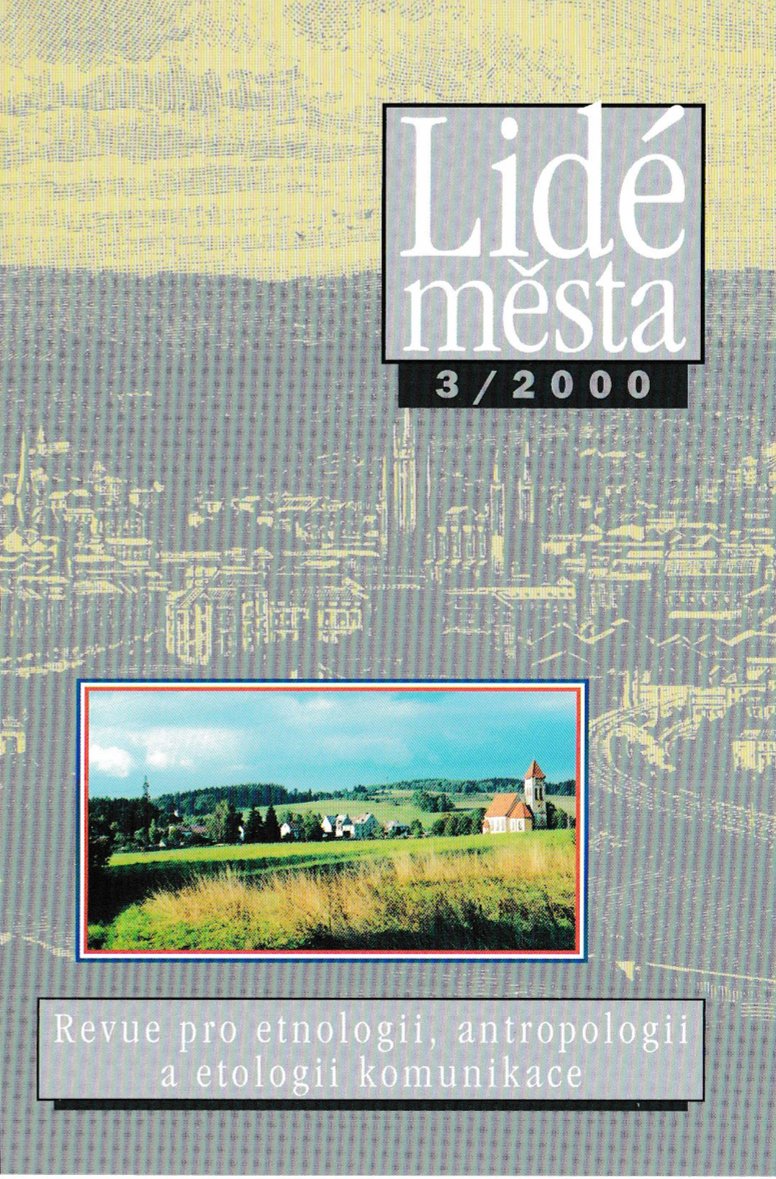Vliv politické hranice na život obyvatelstva na moravsko-slovenském pomezí
(na příkladě příhraničních měst Hodonín a Holíč)
DOI:
https://doi.org/10.14712/12128112.4042Abstrakt
Holíč is situated on the other side of the border river Morava ř km from Hodonín, an industrial town with population of 28 000. Before the split of Czechoslovakia in 1992 about one quarter of the working-able people of Holíč worked in Hodonín because there were more and better paid jobs. Hodonín was offering more opportunities for sport and cultural activities. There were also specialized secondary schools which did not exist in Holíč. Because there was no language barrier the pupils from Holíč could attend schools in Hodonín. All these possibilities were strictly limited after 1 January 1993, when two independent states - the Czech Republic and the Slovak Republic - came to existence. lt is true, that the border can be crossed al any place on lieu of the Identity card but this does not affect children under 15 years of age. Subsequently, the contacts of children from both towns is now limited. There is a special agreement allowing the citizens of one republic to work in the second one. Indeed, there is still a certain number of people from Holíč working in Hodonín, but to employ them means for an employer an extra paper work. Unemployment in Hodonín let to a decrease of number workers from Holíč to about 10 % pre-1993level. Public transport between Holíč and Hodonín was limited - there is now train connection only on working days, buses on weekends are only twice daily. Prices were increased and all discounts discontinued. Postal service is expensive and the mail goes via Brno and Bratislava which lakes from 5 to 8 days. Problems occured with transport of agricultural products and other items regardless that there is a custorns union between both republics. There are also problems connected with citizenship, pensions as well as health and social insurance.
Stahování
Publikováno
Jak citovat
Číslo
Sekce
Licence

Tato práce je licencována pod Mezinárodní licencí Creative Commons Attribution-NonCommercial-NoDerivatives 4.0.


